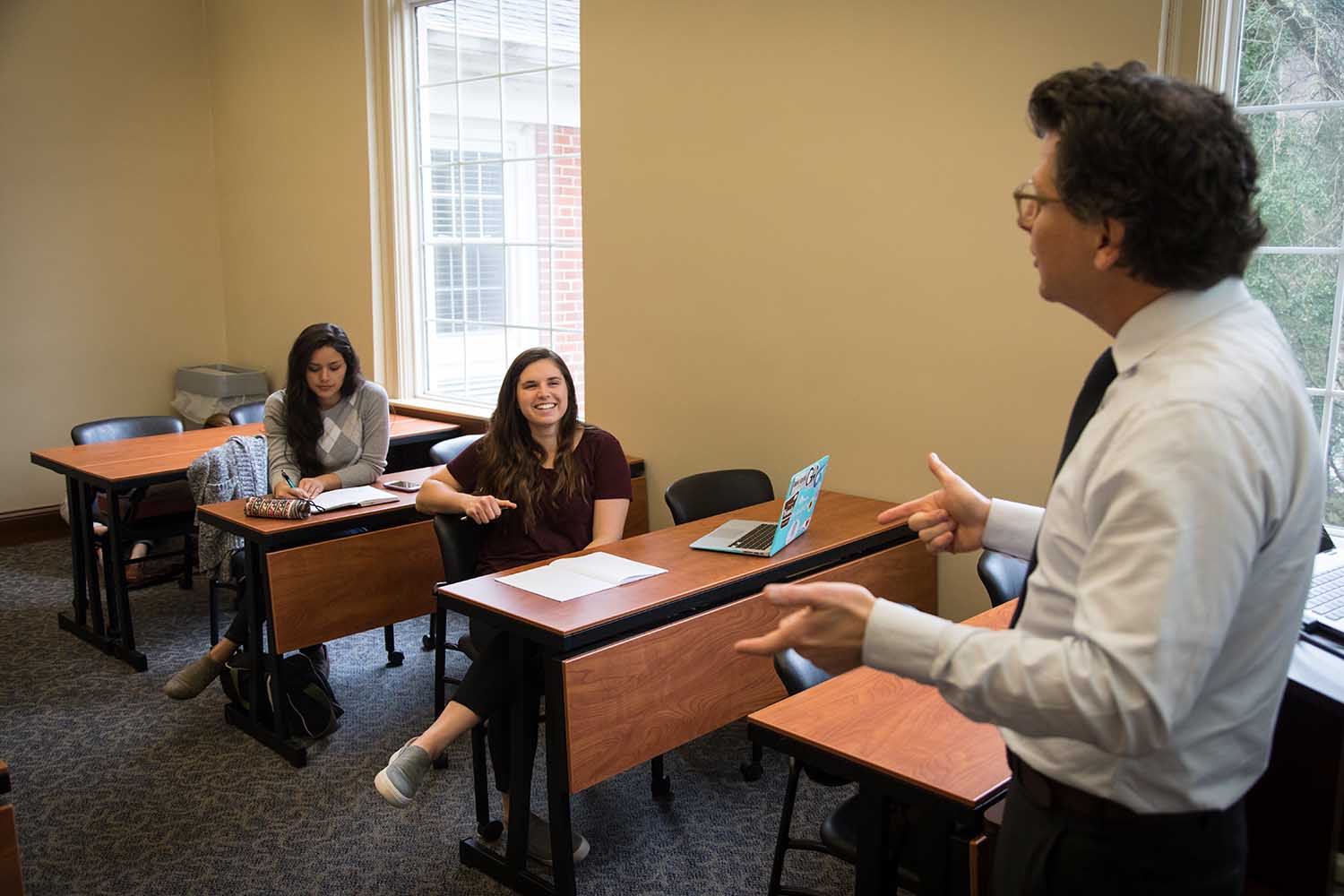Five Pro Tips for Good Grades
 You have probably heard a million and two tips about college. Some work for you; others
do not. Here are five more tips to getting good grades in college. There is a difference
between these tips and the others though... These are the pro tips.
You have probably heard a million and two tips about college. Some work for you; others
do not. Here are five more tips to getting good grades in college. There is a difference
between these tips and the others though... These are the pro tips.
- Know your learning style. Notice it says learning style, not study style. The basis of good grades is understanding and application, and they don’t come through studying alone. There are three learning styles: audio, visual, and tactile. Audio learners use their hearing and listening, meaning lectures and verbal explanations work for them. Visual learners use their sight. Video clips and note taking are extremely useful for them. Tactile learners retain knowledge through touching and doing. Hands-on activities and experiments help them. Be it in the classroom or the library or your room, try to learn to adapt a system involving your learning style. To find out what your learning style is, take this quiz and carefully study the results.
- Be deliberate about the when and where. Ever since grade school, you’ve been conditioned to sit in classes from morning to early afternoon and then do homework at night. This system works for some, but it is okay if it doesn’t for you. The beauty of college is that often there are multiple segments of the same class at different times during the day or the week. Plan your schedule deliberately. For example, if you work faster in the morning, it is okay to get afternoon classes then do homework the next morning. The place where you study is another point to consider. Southern is a big enough campus that if your room/roommate is causing too many distractions, you can escape to other places, e.g., the library, the student center, and the department lobbies. In addition, Chattanooga is a growing city with numerous cafés where you can kick back and study.
- Sign up for Google Docs. Google Docs is a well-known life saver that automatically saves your work in a beautiful, secret place called the cloud. (Remember that time your second-hand laptop crashed?) However, there are other occasions where Google Docs can come in handy: filling in test/exam guides. If you haven’t figured it out by now, most (not all) professors give you guides for upcoming tests and exams. This is an excellent way to help you remember what was discussed in class and the textbook(s). Sometimes though, you might blank out on a topic or come to find there is no one correct answer for a question. This is when sharing a Doc with your classmates come in handy. Everyone can chip in or write multiple answers with side comments on where or how they found the answer. By test time, you will have covered all your bases. For tips on how to use Google Docs' editing features, check out this Fortune article.
- Communicate with the professor. Sometimes the difference between an okay grade and a good grade is a talk with the teacher. It's a hard fact, but you are not the only person the professor cares about. S/he has a whole class to teach to. For example, if you got the flu and missed classes or projects, the professor is not going to know that unless you tell him/her. Another scenario is when you just don’t get a topic, the professor can break it down to you if you raise you hand and ask for clarification. (You can also ask privately during office hours.) And FYI, this does not signify you as a teacher’s pet or a know-it-all; it just shows the professor that you have motivation. This writer has multiple examples of getting the professor to give extra credit or wave homework away for everybody in the class simply because she raised her hand, explained her confusion, and respectfully ask for leniency.
- Utilize the university’s resources. THERE IS NO SHAME IN GETTING HELP. Every single person in this world has things they are great at and things that they need help with. That is just human nature. Whether you have a learning disability or not, Southern has numerous resources to help you get that A. The Learning Support Services, aka the Tutoring Center, is located at on the third flood of McKee Library. The Writing Center is at on the first floor of that same building. The Disability Support Services is on the first floor of Lynn Wood Hall. (Check out this blog for a summary of these free services.) These centers provide free services and cater to your schedule. Why not give them an email or call?
To sum it all off, your grades are your business. Take charge; you don’t have to put up with bad grades. Yes, college is for fun and adventure, but you can have a great time and still have good grades. Challenge yourself to follow these tips. You will see a difference!
